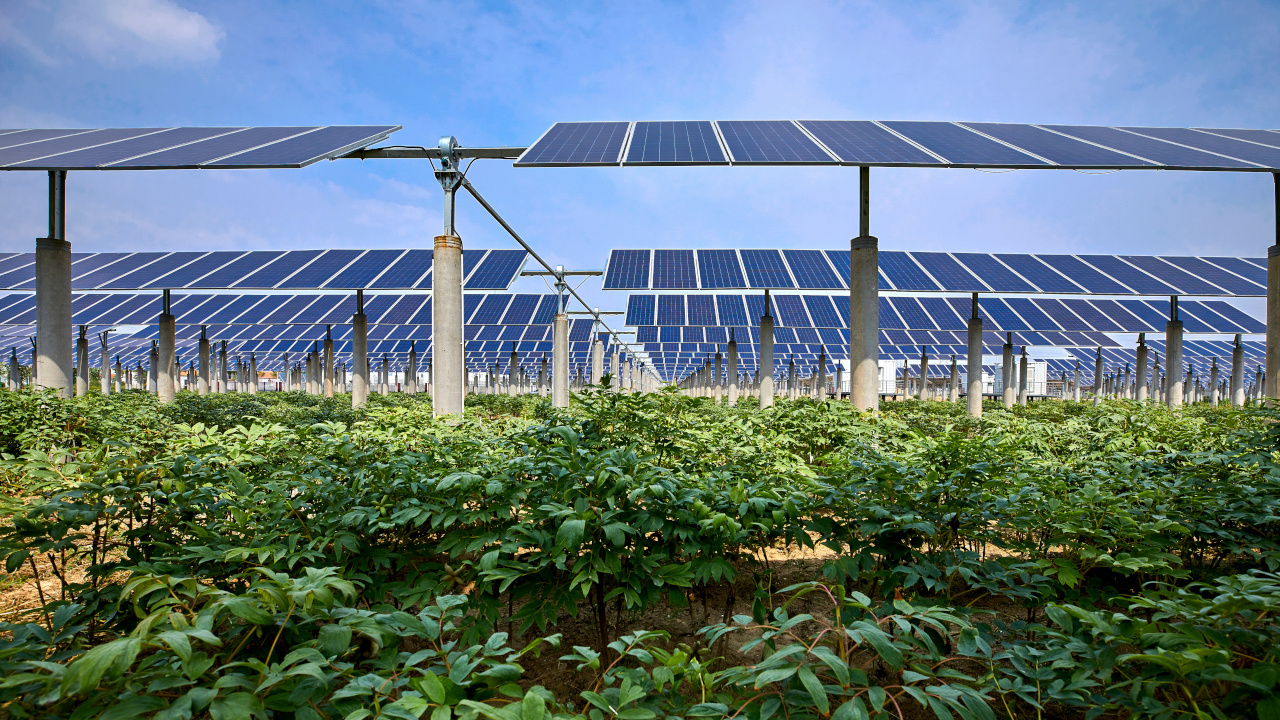BMBF publishes its first own sustainability strategy
Just in time for the UN Summit on Agenda 2030 in New York, the German Federal Ministry of Research has published its own sustainability strategy - and the bioeconomy plays an important role in it.

At the UN Summit in New York on September 18 and 19, the heads of state and government of the United Nations discussed the Sustainable Development Goals (SDGs). With the 2030 Agenda, the United Nations set ambitious goals in 2015 to advance the protection of natural resources, social justice and economic development worldwide by 2030.
Promoting a culture of innovation for sustainability
Education, research and innovation are key levers for achieving these sustainability goals. The Federal Ministry of Education and Research (BMBF) has therefore now published its own sustainability strategy for the first time. It is also intended to strengthen the BMBF's interface with the German Sustainability Strategy and provide innovative impetus for its implementation.
"With the sustainability strategy, we want to promote a new culture of innovation for sustainability," says Federal Research Minister Bettina Stark-Watzinger. "It is particularly important to me that we not only research sustainability, but also think about it from the outset wherever new ideas are advancing our society - not least in the day-to-day work of my office. That's why we set ourselves concrete goals to take up sustainability in our support for education, research and innovation. And we want to encourage stakeholders to get involved, especially in schools, universities and research institutions."
The BMBF's sustainability strategy 2023
Click here for the complete version of the Federal Ministry of Education and Research's Sustainability Strategy 2023.
Click here to download the PDF on the BMBF website (in German)
Three specific goals defined
The strategy formulates five overarching principles and three specific goals. First and foremost, systemic innovation approaches are to be promoted that advance several sustainability goals simultaneously (systemic goal). Second, the BMBF's mission-oriented funding approaches are to become even more effective and the SDGs are to be consistently taken into account in them (transformative goal). As a third - administrative - goal, the SDGs are also to be anchored even more firmly in the ministry's internal administrative processes. In this way, "sustainability is to become a guiding principle and cross-cutting issue at the BMBF," according to the 44-page strategy paper.
Fields of action for bioeconomy innovations
In the transformative goal in particular, the bioeconomy is present in the strategy several times. Of 12 fields of action, the following are particularly relevant for the bioeconomy:
- Innovations for climate-neutral value creation (Key measures include: "KMU-innovativ: Bioökonomie"; bioeconomy monitoring)
- New solutions for circular value chains (e.g. funding guidelines for climate-neutral products through biotechnology)
- Bioeconomy for innovative agricultural systems of the future (Innovation Space NewFoodSystems, Funding Guideline Agricultural Systems of the Future)
pg


